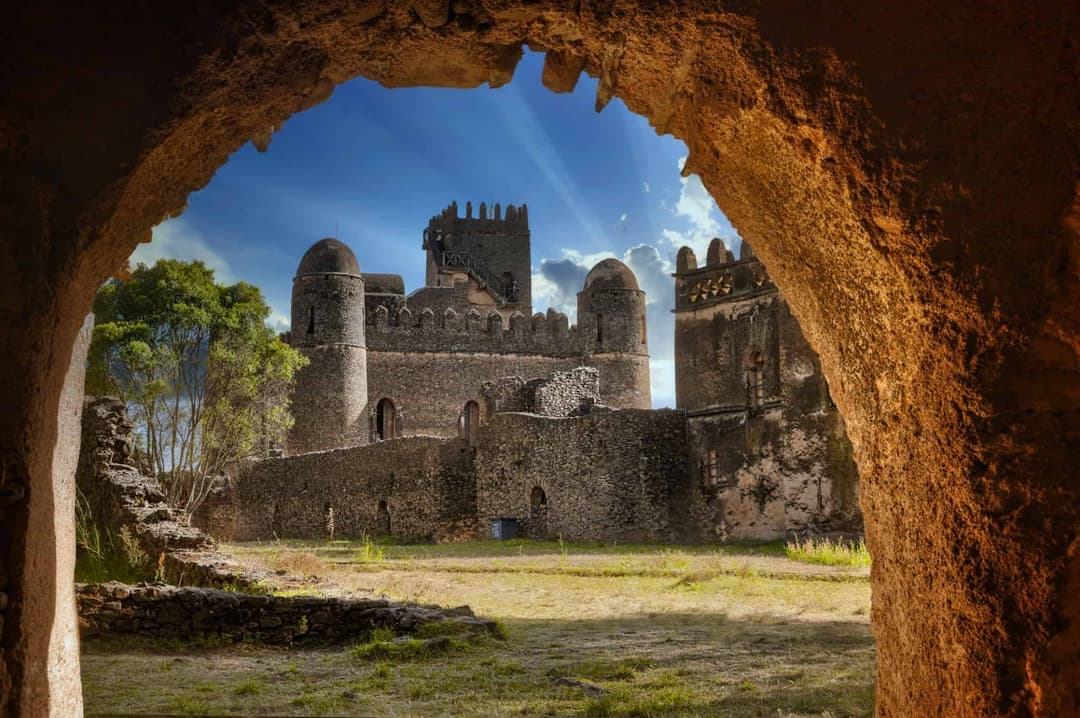Ethiopia is situated in North Eastern Africa and boasts rugged mountainous terrain across its vast expanse of 1,251,282 km². It is bordered by Kenya, Eritrea, Somalia, Sudan, and Djibouti. The country features an elevated central plateau with heights ranging from 2,000m to 3,000m.
The north and center of Ethiopia are home to over 25 mountains that soar above 4,000m, with the highest peak being Ras Dashen at an elevation of 4,543m. One of Ethiopia's most famous rivers is the Blue Nile (Abay), which stretches for 1,450km from Lake Tana to its confluence with the White Nile in Khartoum.

General Travel Tips
Read MoreGeneral Travel Tips
Ethiopia is a truly remarkable destination that stands apart from any other place on Earth. Unlike most African countries, it has never been colonized by Europeans, which has helped preserve its rich cultural identity. From its incredible people to its breathtaking landscapes and diverse wildlife, Ethiopia offers an extraordinary travel experience that is truly one-of-a-kind.
Here are some useful travel facts, background information, and suggestions to make your trip to Ethiopia through Sawla Tours enjoyable from start to finish. Please note that information may be subject to change, as conditions in Ethiopia can evolve rapidly.
Explore Packages
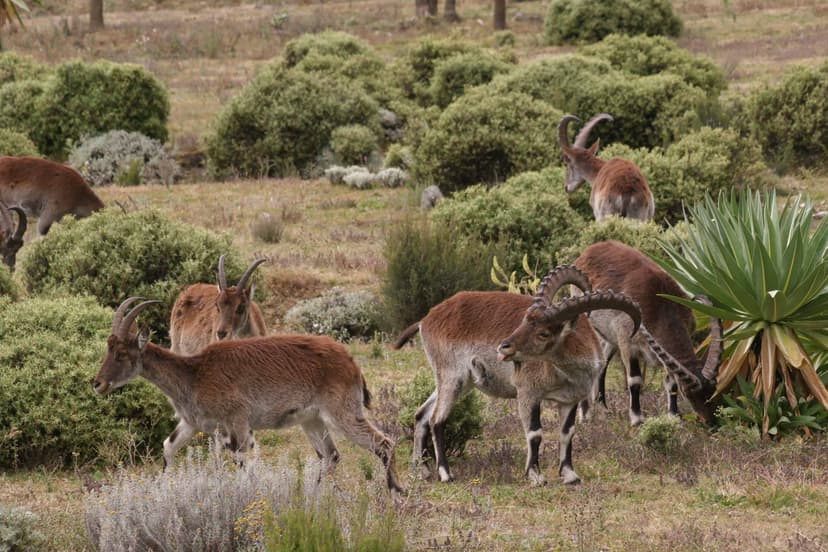
Some Important Travel Tips
Ethiopia experiences diverse climatic conditions due to its varied landscapes. Overall, the climate can be described as temperate. May offers pleasant temperatures in the capital, Addis Ababa, averaging around 26°C. In the southern regions, some rainfall can occur in May, with temperatures reaching the high 20s.
The country's climate ranges from temperate in the highlands to hot in the lowlands. The majority of Ethiopia comprises high plateaus, providing a pleasant and moderate climate with minimal seasonal temperature fluctuations. During the coldest season, temperatures seldom dip below 6˚C (43˚F), while the mean maximum temperature rarely exceeds 26˚C (79˚F). In the lowlands, temperature variations are more significant, and the desert and Red Sea coastal areas can experience extreme heat, occasionally reaching highs of 60˚C (140˚F). While Addis Ababa maintains an average temperature of around 15˚C (59˚F) throughout the year, it's crucial to protect yourself from the intense equatorial sun by wearing a hat and sunscreen.
Heavy rainfall is prevalent in most parts of the country from June to September. The average annual precipitation during the main rainy season is 39 inches, with Addis Ababa receiving close to 49 inches and the northeast and eastern plains receiving less than 19 inches.To enter Ethiopia, you will need a valid passport and a visa. Citizens of the USA, Canada, Mexico, Brazil, New Zealand, Australia, South Africa, China, Japan, Korea, Israel, Russia, the UK, and all other European Union nations can purchase a single-entry one-month visa upon arrival at the airport for $50. Other citizens must obtain a visa in advance from an Ethiopian embassy or through airline offices.
Alternatively, foreign travelers can apply for the Ethiopian Tourist eVisa online. This eVisa, issued by the Ethiopian government, allows passport holders with at least six months of validity to apply for a tourist eVisa online. The eVisa is valid for either 30 or 90 days, depending on the applicant's selection. For more information, visit https://www.ethiopiaonlinevisa.com/.Visitors must carry a valid passport and sufficient funds for their stay. Most foreign visitors require a visa to enter Ethiopia, with the exception of nationals from Djibouti and Kenya. Tourist visas can be obtained at Ethiopian diplomatic missions overseas or upon arrival for nationals of 37 countries, including the USA, Canada, Mexico, Brazil, Argentina, New Zealand, Australia, South Africa, China, Japan, Korea, Israel, Kuwait, Russia, the UK, and most other European Union nations.
Make sure your passport is valid for at least six months from your entry date and has two blank pages. It is also recommended to carry a photocopy of the passport's picture page.When visiting places of worship, it is important to dress modestly to respect Ethiopian cultural norms. Shoes must be removed before entering churches and mosques, so it is advisable to bring a pair of socks when visiting sites like Lalibela.
Ethiopia operates on GMT +3 time zone. Being close to the equator, the country enjoys nearly 12 hours of daylight consistently. In Addis Ababa, sunrise and sunset occur around 6:30 am and 6:45 pm, respectively. Ethiopia follows the Julian calendar, consisting of 12 months with 30 days each, and a 13th month of five days (six days in a leap year). The Ethiopian New Year falls in September.
The currency of Ethiopia is the birr, divided into 100 cents. Banknotes are available in denominations of 5, 10, 50, 100 and 200 birr, while coins come in 1, 5, 10, 25, 50 cents, and 1 birr. Traveler's checks are not easily cashed outside major cities, but credit cards are accepted in selected hotels, lodges, and larger shops. ATMs in major cities allow cash withdrawals using VISA, Mastercard, and Union Pay debit cards, although reliance on them outside Addis Ababa is not recommended. US dollars are accepted at major establishments such as hotels and ticket offices, but local currency is required for shopping and travel outside Addis Ababa. USD can be exchanged for local currency at banks. Tipping in USD is acceptable.
Please note that replacing lost or stolen cash is difficult, so it's advisable to bring US dollars in smaller denominations (10s and 5s) for tipping purposes. Changing birr back to a hard currency is a complicated process, so it's best to avoid it if possible, as US dollars are widely accepted. Keep bank receipts when exchanging birr back to dollars upon departure.Ethiopia is generally a safe country; however, casual theft and pick-pocketing can occur in certain areas. To be cautious, we recommend using a lightweight passport pouch that can be worn under your clothing, carrying only essential items like your passport, air tickets, credit card, and travelers' checks. Stay alert when in cities or crowded areas, and be aware of the uniformed police for assistance.
At Sawla Tours, we prioritize the safety of our clients and staff. If the foreign and commonwealth offices advise against travel for any reason, we will contact booked travelers to discuss alternative options.
Valuables such as cash, passports, medication, jewelry, electronic devices, and mobile phones should be locked in the safe of your hotel room whenever possible. If you must carry valuables, keep them on your person at all times and never leave them unattended. For everyday access, use a money belt or pouch instead of a wallet or handbag. When using credit or ATM cards, exercise caution to avoid fraudulent charges. Never leave valuables unattended in hotel rooms or vehicles.The choice of clothing will depend on the time of year, but Ethiopians generally dress modestly. In Addis Ababa, Western fashion is common. For tourists, light cotton clothing, sunglasses, and a hat are advised in warm lowland areas. In the highlands, light or medium-weight clothing is appropriate. During the rainy season, a light raincoat and umbrella are essential, and a sweater is recommended for cooler evenings. High altitude locations can have intense sun, so packing a high SPF sunscreen is essential. Outside the rainy season, pack light clothes for the daytime and a jacket or sweater for cooler evenings. Comfortable walking shoes are a must. Remember to bring a few pairs of socks, as shoes must be removed before entering churches and mosques.
Addis Ababa offers a range of five-star hotels, including Sheraton Addis, Hyatt Regency, Radisson Blu, Golden Tulip and Capital Hotel. The city also features international and local tourist-class hotels. Standards may vary outside the capital, with northern areas generally offering higher-standard accommodation than the south. While camping may be unavoidable in certain regions like Omo and Mago, it is generally possible to find clean rooms with en-suite facilities.
For domestic flights within Ethiopia, there is a strict luggage restriction of 20kg per person, including hand luggage. Soft-sided or "barrel" bags are recommended as hard-sided suitcases may not fit into small aircraft holds for charter flights. Excess baggage can be stored at your hotel in Addis Ababa.
Helicopter and charter flights can be arranged in advance. Helicopters typically accommodate five people, with a luggage restriction of 10-15kg per person. Charter flights are available on nine-seater and 12-seater planes, with a 20kg luggage restriction.
Ethiopia generally allows photography, except in museums and sensitive government or military installations. Flash photography can damage artifacts, so it's best to avoid using flash in these areas. It is courteous to seek permission before photographing individuals, especially among the Afar and ethnic groups along the Omo River. Some sites may charge for video photography. Please respect the privacy of local people, particularly in remote areas, and exercise discretion when using your camera.
Foreigners intending to shoot documentary or feature films in Ethiopia must obtain a permit from the Ministry of Information and Culture.Medical services, including doctors and dentists, are available throughout the country, with major hospitals located in larger cities. It is advisable to bring a first aid kit and an ample supply of any regular medications you may need. Malaria is not a problem in many tourist sites due to high elevations, but certain areas like Bahir Dar may have a relatively high incidence of malaria, especially after the rainy season. Consult with your doctor before departure if you plan to take prescribed medication. Using mosquito nets, repellent creams, and sprays can help prevent mosquito bites. Yellow fever vaccination and malaria prophylaxis are highly recommended when traveling to the Omo Valley.
It's also essential to take precautions with food and drinks to avoid potential health issues. Tap water is not recommended for drinking, and in some local establishments, it's safer to drink bottled water instead of using glasses. Eating well-cooked food is advisable, and vegetables and fruits are generally safe as long as they are clean.Ethiopia's national dish is injera, a flatbread made from a grain called Teff. Injera serves as the base for many local dishes, including meat, vegetable, and sauce options. The sauces are typically spiced with berbere, an aromatic blend of herbs and spices that gives Ethiopian cuisine its distinct flavor. Vegetarian options are abundant, with a variety of delicious vegetable and pulse dishes available. These strictly vegetarian dishes cater to the diets of Ethiopian Orthodox Christians, who observe frequent fasting periods without consuming animal products. Meat lovers can enjoy beef, lamb, and chicken dishes, with Doro Wat being a popular chicken stew served on special occasions.
To accompany meals, traditional drinks like t'ej (honey wine) and t'ella (local beer) are common. Ethiopia also produces its own wines and bottled beers.Medium to large towns offer a range of shops, including stationery stores, pharmacies, music and fashion shops, and convenience stores. Markets can be found in most towns and villages, with Saturdays being the main market day nationwide. Supporting local markets helps directly benefit the local community. Note that many antiquities cannot be exported, and the National Museum in Addis Ababa can issue a clearance certificate.
When shopping for souvenirs, Ethiopia offers a wealth of options, including religious icons, crosses, antique jewelry, gold and silver jewelry, leather goods, and pure cotton textiles.
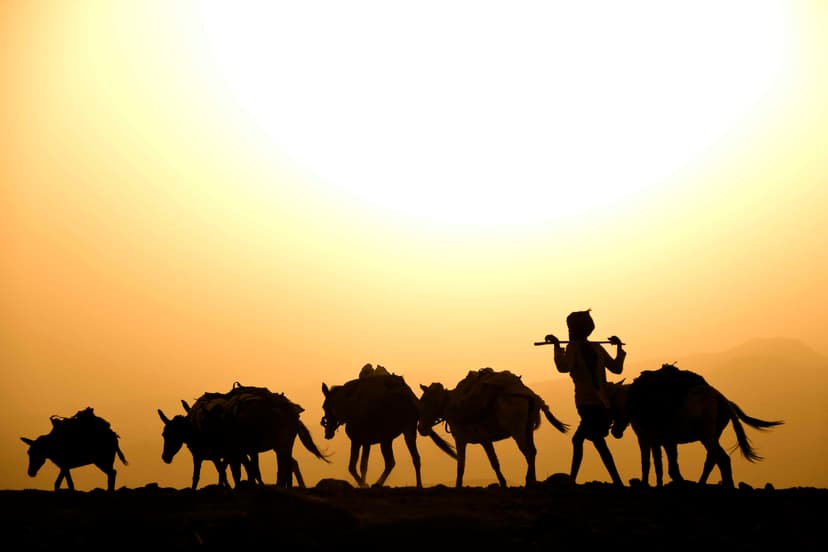
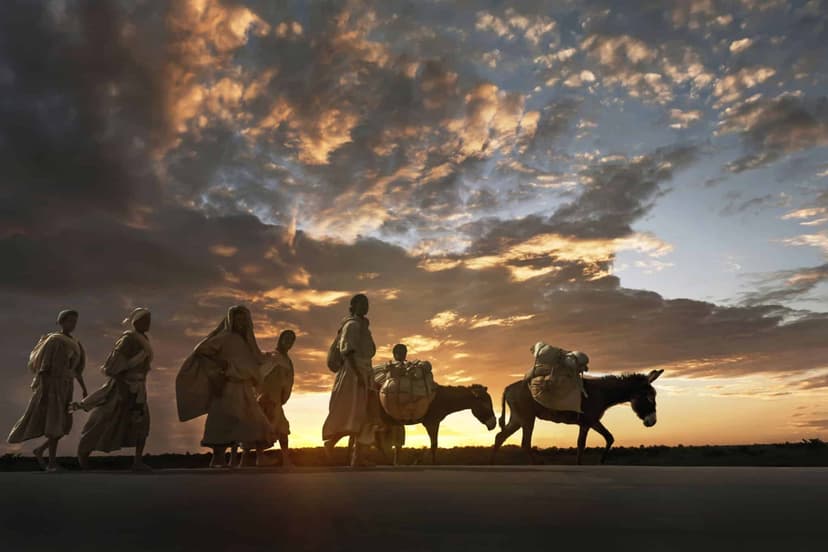
How Can We Help You Create an Extraordinary Ethiopian Adventure?
At Sawla Tours, we are passionate about turning your travel dreams into reality. With years of hands-on experience in crafting unforgettable journeys to Ethiopia, we are your go-to experts in deciding when to travel, where to explore, and what to discover.
Whether you have a detailed itinerary in mind, seek professional advice, or simply don't know where to begin, we're eager to assist. Reach out to us today, and together, we'll create an extraordinary travel experience tailored just for you.
Contact Us Now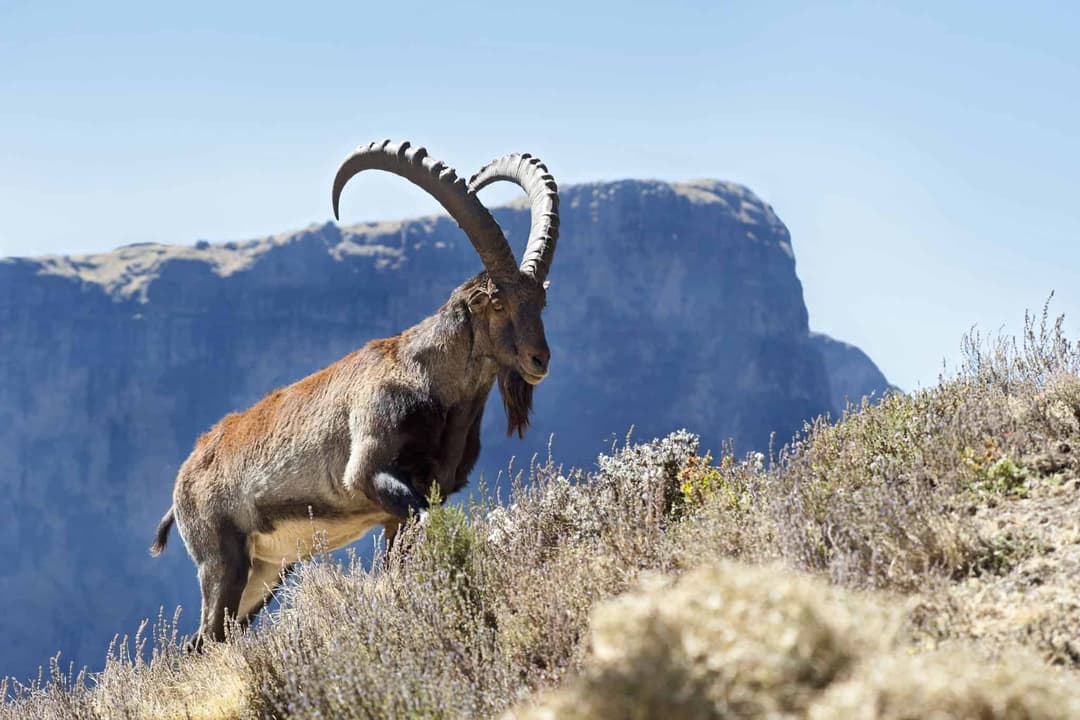
Ethiopia Tour Themes
Discover More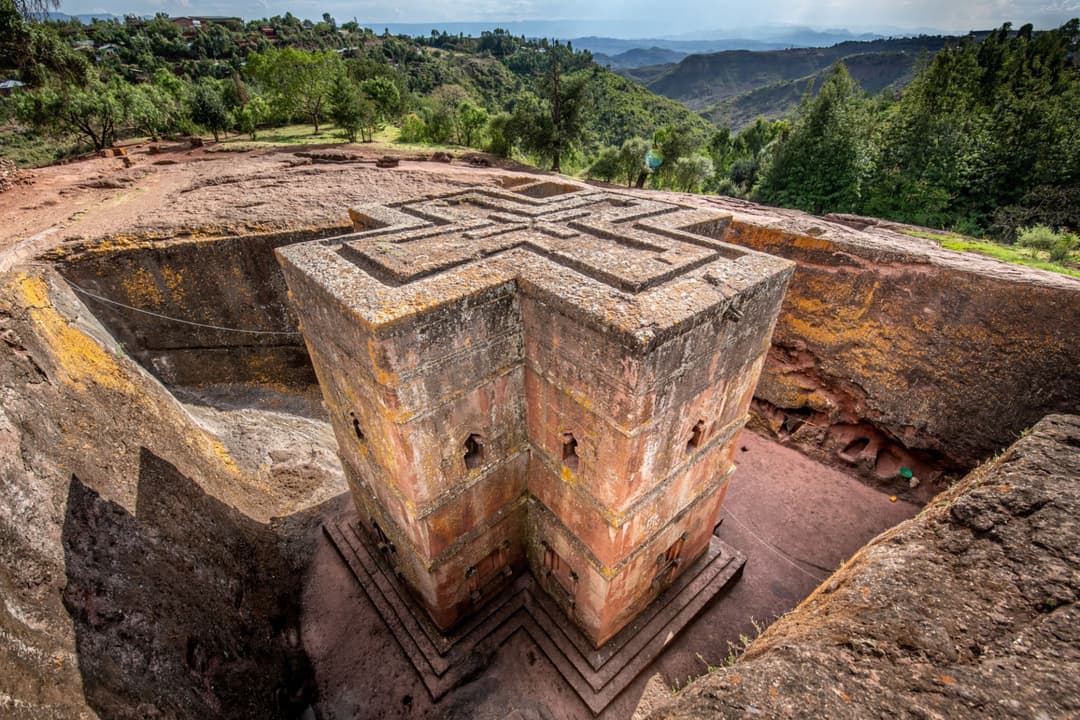
Popular Destinations
Discover More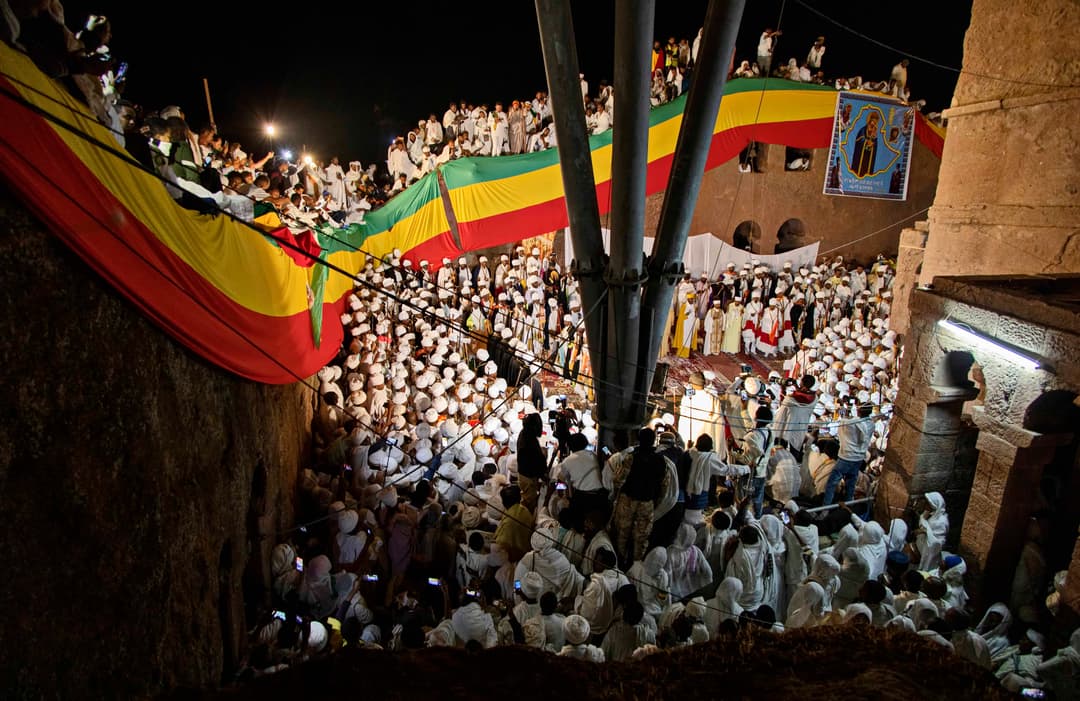
Itineraries By Experience
Discover More